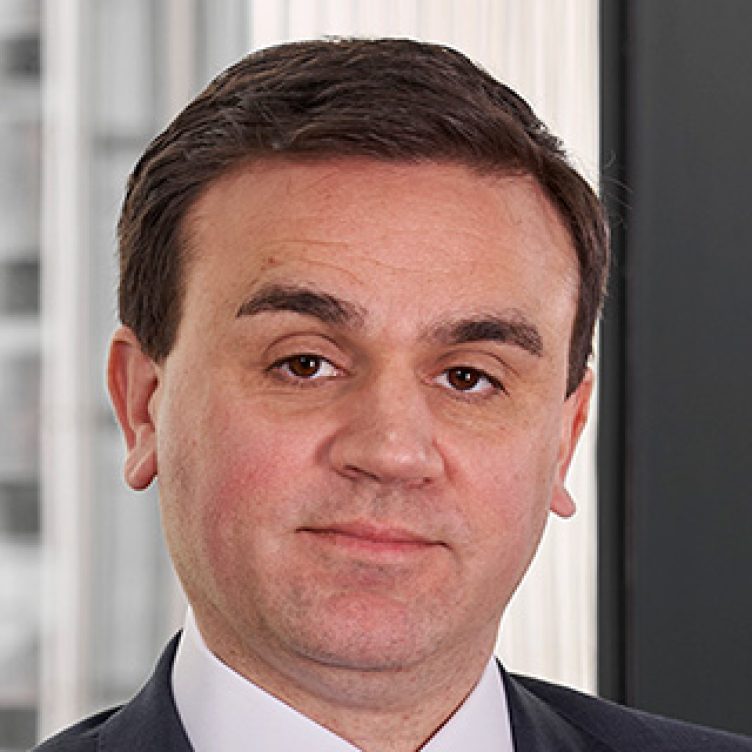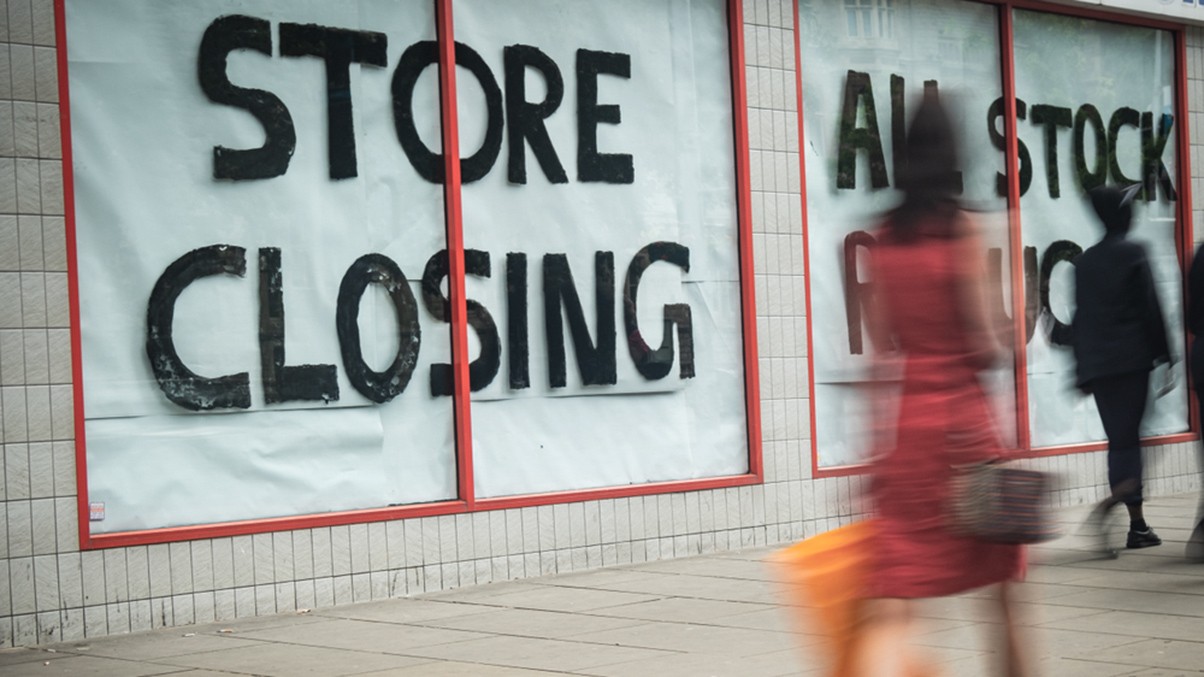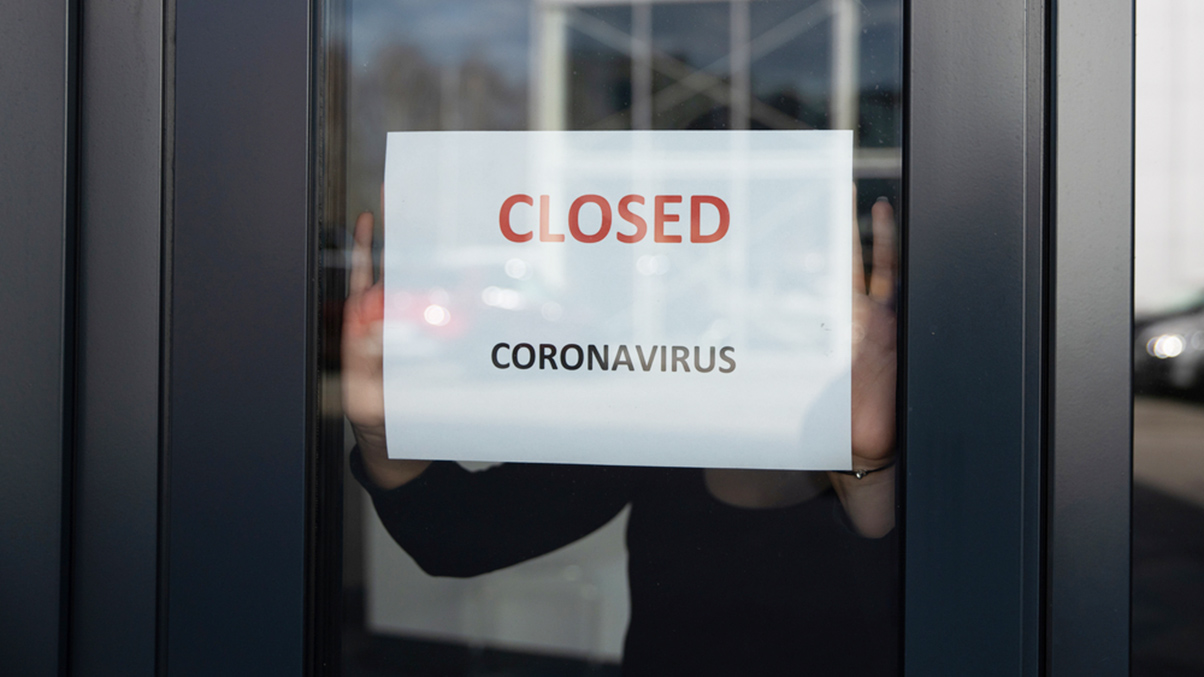Alex Jay and Tim Symes discuss past and present growth in international fraud in the Legal Business Disputes Yearbook 2021.
The increase in fraud following the 2007-8 financial crisis was sharp and sustained. KPMG’s ‘Fraud Barometer’ – the longest-running fraud report of its kind in the UK – showed that fraud cases in 2008, 2009, and 2010 increased year-on-year both by value and volume.
In the most famous cases of the 20th century, fraud has either precipitated insolvency or generated fraud because of it. Take Lehman Brothers, where securities were removed from balance sheets to give a materially misleading picture of the firm’s finances shortly before its collapse. Also, Stanford International Bank, a Ponzi scheme that unravelled after the 2007-8 financial crisis hit as investors rushed to redeem their deposits. Stanford’s fraud then went into overdrive by fabricating stories to hide the underlying fraud.
Wirecard provides a more recent example of fraud on a grand scale. It was discovered that billions of euros believed to be held by a third-party trustee Singapore bank didn’t actually exist. Wirecard entered formal insolvency in Germany in June last year, owing some €3.5bn to creditors.
The Carillion and Patisserie Valerie insolvencies provide two home-grown examples of at best aggressive accounting and at worst possible fraud. These cases raise serious concerns about the adequacy of the UK’s current audit function and process.
The UK government plans to tighten up the UK’s audit function. Under proposed new rules, directors are to become individually responsible for the accuracy of accounts. There will also be a new regulator created, the Audit, Reporting and Governance Authority, which will be given teeth to investigate and sanction auditors. Crucially, it will compel auditors to actively look for fraud and abuse when carrying out their audit.
Natural disasters are another situation to which fraudsters are attracted, enabling them to exploit relief monies and abuse rebuilding grants. This occurred during the Indian Ocean tsunami relief effort with both Save the Children and Oxfam falling victim.
The UK foot and mouth outbreak was another opportunity for fraud, according to reports. Some farmers were accused of deliberately infecting their animals to take advantage of the government’s generous compensation scheme, which made a sick animal worth more than a healthy one.
Then we come to Coronavirus: not only a natural disaster but an economic one too. Two of a fraudster’s favourite situations in one.
At the moment, Covid-19 is a medical emergency. However, when the vaccination roll-out has concluded and the last loan drawn, furlough payment made and creditor enforcement restriction lifted, it will become an economic one.
The chancellor has said the furlough scheme will end in its present form in June this year. It will be replaced with reducing support until the end of September, with employers shouldering the difference.
Apart from the recession experienced in the first half of last year (when the economy shrank by over 20% as against the first quarter), the full extent of the impact of Covid-19 is barely visible. Indeed, if you didn’t know there was a pandemic, a glance at the UK’s January 2021 corporate insolvency figures – 50% down on the same time last year – would have you believe the country’s economy is doing rather well. It isn’t.
Once the fiscal support and creditor protections for businesses end, there will be no bar to winding up petitions or commercial possession proceedings. Companies debilitated by increased debt and starved of income could become quick prey to desperate creditors. These creditors are also suffering financially and will be hitting their debtors hard through sheer necessity to survive.
This post-protection environment will, therefore, see a spike in insolvencies, not only as a correction to pre-pandemic levels but due to the effects of three lockdowns. With it will come poor ethical behaviour, fraud and other abuses.
We will see wrongful and fraudulent trading and attempts to avoid onerous obligations by setting up new companies and transferring the business across to them free of debts. Assets will be magicked away in an attempt to put them out of bounds of creditors once they come knocking.
Often these behaviours only get uncovered by a liquidator or administrator officeholder once the company goes into formal insolvency. Officeholders have unique, extensive and unparalleled investigatory and recovery powers robustly upheld by the courts. This can make the tactical use of a formal insolvency process to uncover wrongdoing and recover assets a rational step for stakeholders defrauded or otherwise deprived of their money.
Whereas a potential claimant who suspects fraud must rely on the counterparty to voluntarily deliver up documents pre-action or be compelled to do so by a court application, a liquidator’s requests for information must be complied with according to statute. A failure to cooperate can lead to the court ordering anyone it thinks can give relevant information on the company to come before it and be examined under oath. If they decide not to turn up for no good reason, they can face a contempt of court prosecution and a spell at Her Majesty’s pleasure.
Add to these extraordinary powers the wide categories of information and documents the liquidator can legitimately require, which is basically anything relating to the company. In effect, liquidators have an unparalleled pre-litigation evidence-gathering advantage simply not available in a standard commercial litigation setting.
Fortunately, the officeholder is not hamstrung by funding issues when asserting these powers or issuing later proceedings. If they were, their principal function of collecting in and realising assets would be hopelessly thwarted.
There are many funding options available to an officeholder via a combination of conditional or contingency fee arrangements and third-party funding. At the same time, the officeholder can de-risk the claim with an adverse costs insurance policy.
Overall, we can expect insolvency to feature in several ways over the coming years. As companies restructure or fail, the darker side of ethical behaviour (in other words, fraud) will be uncovered. This will have a long tail that could well outlive the Covid-19 crisis by some margin.
This briefing can be read in full here.
The 2021 edition of the Legal Business Disputes Yearbook can be accessed here.
Covid-19 is impacting individuals and companies around the world in an unprecedented way. We have collected insights here to help you navigate the key legal issues you may be facing at this time.









